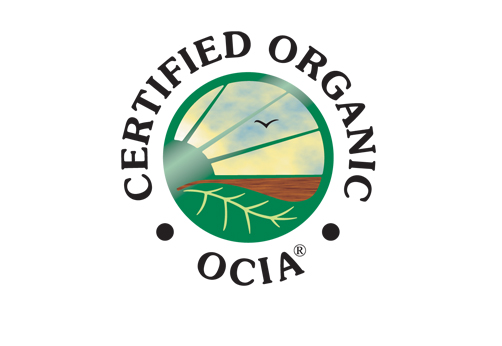

OCIA - Organic Aquaculture Guidelines

OCIA certification arises from the following basic principles: Organic certification is a system of institutionalized trust, allowing consumers to identify and reward conscientious stewards of our natural heritage. Organic certification is a privilege to be earned rather than a right to be withdrawn. No one knows the farm system better than a farmer. Organic production focuses on natural processes and their management: materials and products are an adjunct to, not a replacement for, effective management. Diversity, interaction, adaptability and competition are characteristic, natural elements to be respected in the organic system. The organic farming system should be structured and managed to ensure that soil loss through erosion and other degradation does not exceed natural replacement rates. Organic operations must take measures to maintain and/or improve landscape and enhance biodiversity.The producers, handlers, and consumers depend on processors of organic products to preserve or enhance the original nutritive value for the type of product, while continuing producer efforts to minimize contamination of the product and the environment. The audit trail is an integral part of organic certification. The use of products made from organisms that have been modified by genetic engineering techniques (as defined in the Materials List) is prohibited and is in direct violation of the philosophy and organic intent of OCIA. Nanotechology applied as an extension to the process of genetic modification referred to in 1.2.10 is prohibited within the organic system.The use of manufactured nanoparticles or nanostructures is prohibited. *Notwithstanding the above, the use of naturally occurring nanoparticles, as in traditional biodynamic practice, is allowed. The use of artificial nanoscale processes is prohibited within the organic system.
